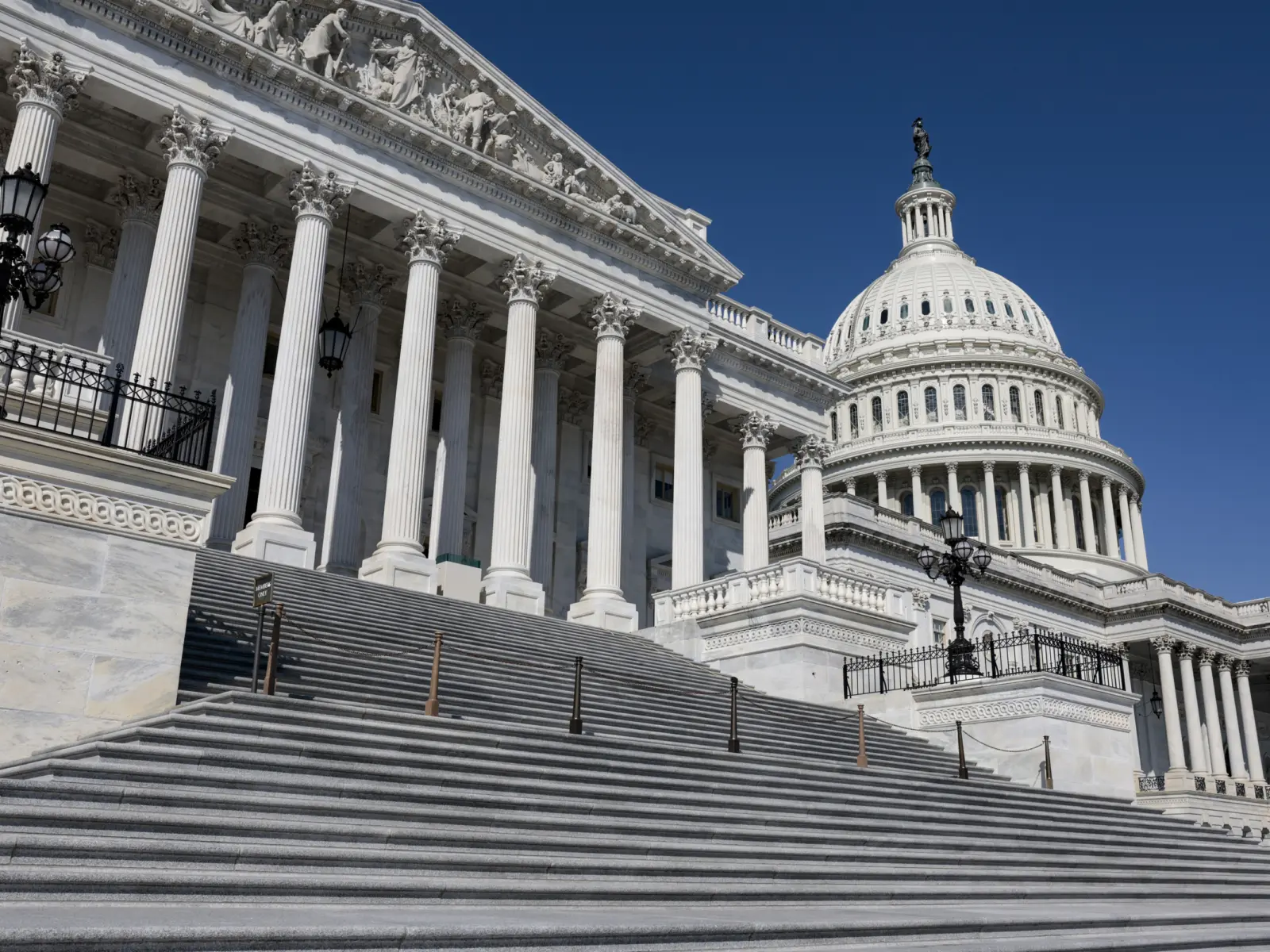Reimbursing physicians for the number and types of services provided to patients, also known as fee-for-service (FFS), is the primary way the federal government pays for the care Medicare patients receive. Unfortunately, paying for care in this way motivates physicians to focus on patient visit volume and fails to incentivize the kinds of services that are important for delivering high-quality, personalized care such as coordinating with other providers and engaging patients to manage chronic conditions.
FFS is also not always well aligned with the value of services, meaning reimbursement levels may not indicate the true time and resources needed to deliver care. This misalignment has led to a “specialty bias” in the Medicare physician fee schedule where Medicare overvalues and, therefore, overpays for specialty services while simultaneously undervaluing and underinvesting in primary care, resulting in unnecessary and costly care for patients.
Overhaul to the physician payment system
In 2015 Congress passed the Medicare Access and CHIP Reauthorization Act (MACRA), which overhauled the government’s approach to paying physicians. MACRA was passed to create more stability in payments, improve the quality of care, and shift physicians out of FFS and into alternate payment models (APMs) that would improve the efficiency of the healthcare system and promote personalized, high-quality care.
In the near decade since MACRA was enacted, it has largely failed to achieve these objectives. Notably, more than half of all Medicare physician payments remain in FFS and Congress is regularly called on to intervene and modify annual payment updates for physicians. A key challenge to achieving higher uptake in APMs is that the incentives to join population-based payment models have been weak and are eroding over time.
Senate Finance Committee sees opportunity for new reforms
This spring, Senate Finance Committee Chair Ron Wyden (D‑Ore.) and Ranking Member Mike Crapo (R‑Idaho) released a bipartisan white paper outlining policy concepts for reforming the way Medicare pays physicians, as well as meeting the needs of those with chronic illness.
“The way Medicare pays doctors for their work has not kept up with the times, and if it’s not working for doctors, it’s not working for the patients they help,” acknowledges Sen. Wyden.
With Sen. Crapo adding, “This bipartisan white paper includes critical steps toward potential policy reforms to streamline clinician payment systems and treat the chronic diseases ailing far too many seniors across the country.”
In addition to the Senate Finance Committee white paper, Senators Whitehouse and Cassidy recently released a request for information on their bipartisan Pay PCPs Act, which would address misvaluation in the fee schedule and shift payments for primary care away from FFS.
Refocusing the payment system
Arnold Ventures has been working to advance physician payment reforms that refocus the healthcare system toward delivering higher quality, less costly care that improves outcomes.
In response to the release of the Senate Finance Committee’s white paper, AV recommends the following:
- Congress should incentivize movement away from FFS and focus on accelerating the adoption of promising population-based payment models, such as Accountable Care Organizations, which give greater flexibility to deliver care while also holding physicians accountable for quality and costs. Efforts to reform the Medicare physician fee schedule should strengthen incentives for clinicians to participate in effective APMs.
- Congress should bolster primary care by moving toward hybrid capitated payments which provide primary care clinicians with monthly, per-person payments to cover a core set of services. This approach can result in more patient-centered care, appropriate usage of technology like telehealth, and stronger team-based staffing while also providing greater revenue certainty to primary care practices, insulating them from financial shocks like the COVID-19 pandemic.
- Congress should address misvaluation in the FFS system, improve the accuracy of payment for primary care and other high-value services that are currently undervalued, and reduce payments for services that are currently over-valued. Structural flaws with the current valuation process, including inherent conflicts of interest and a reliance on flawed survey data from medical societies, undermine payment accuracy. Congress should require CMS to implement ongoing, empirical data collection to enable more accurate service valuation.
Read our full recommendations here.













